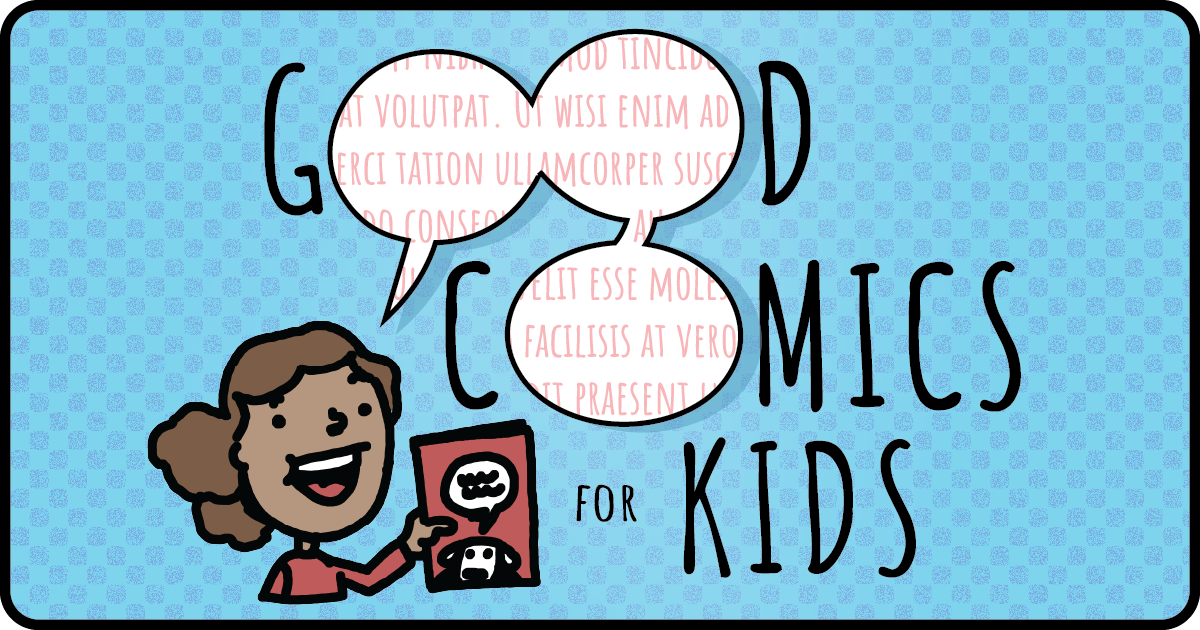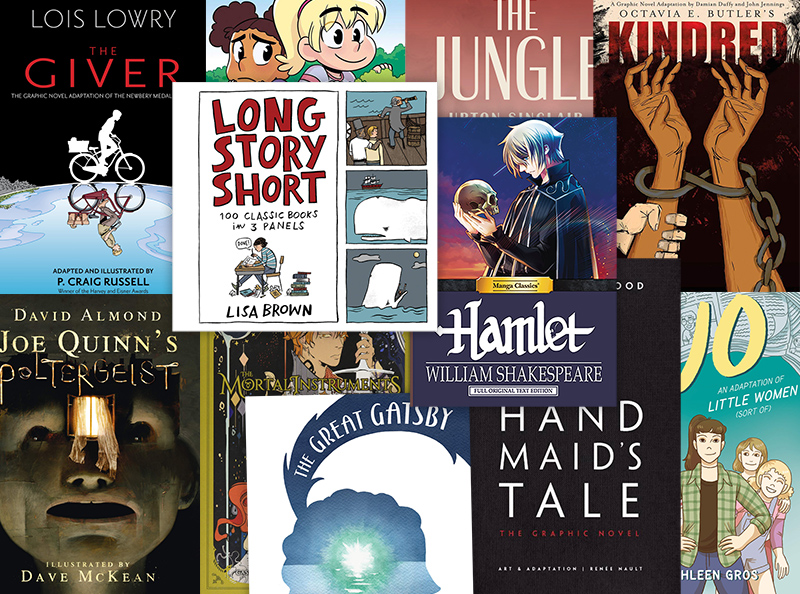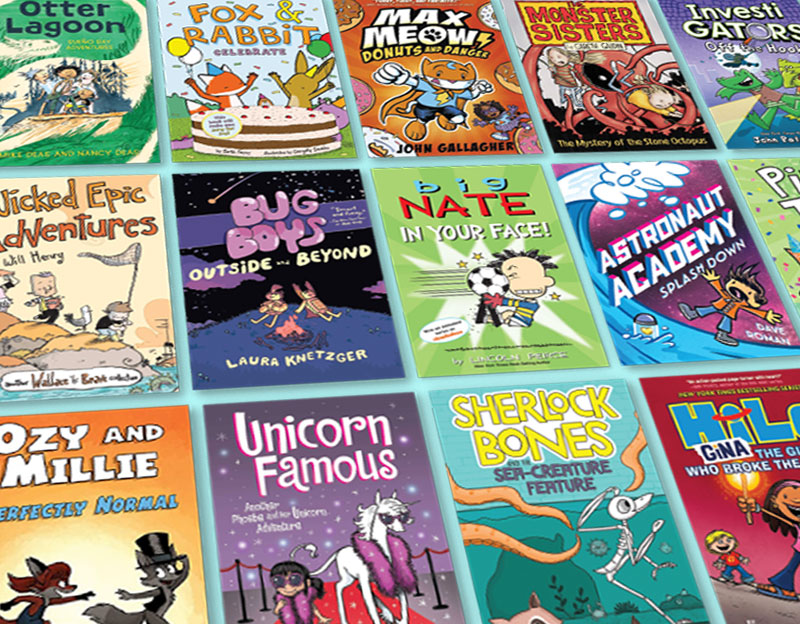
Review: They Called Us Enemy

For the last few years, the 6th grade in my school has been studying a unit on the Japanese Internment using the short story “The Bracelet” and an excerpt from Journey to Topaz. They study Executive Order 9066, examine propaganda of the time, and even delve into music and photos. So I have been looking forward to the publication of this graphic novel for a very long time. It did not disappoint in the least bit.
They Called Us Enemy
By George Takei, Justin Eisinger, Steven Scott. Art by Harmony Becker
July 2019, Top Shelf, $19.99
Young people might not be familiar with the famed George Takei by name, but they might know of his famous role on Star Trek. It’s doubtful that they even know that the early formative years of this famed actor were spent behind barbed wire fences in a prison sanctioned by the American government.
ADVERTISEMENT
ADVERTISEMENT
Takei, along with his co-writers, Justin Eisinger and Steven Scott, eloquently tell the story of his family’s imprisonment. Like the famed trilogy March by Congressman John Lewis and his co-creators Andrew Aydin & Nate Powell, They Called Us Enemy tells its story as a flashback. It juxtaposes Takei’s TED talk and a visit to FDR’s historic home in Hyde Park, New York, where he tells audiences his story.
It’s a startling, jarring, horrifying story of innocent people rounded up at gunpoint, herded into camps, and held against their will. Some were American citizens. Some were legal immigrants. Most were hard-working people who were just trying to build a life and capture the American dream. But Executive Order 9066 robbed them of this opportunity.
Takei was five years old, when he was woken up in the middle of the night by his father and the family was taken out of their home at gunpoint. For the most part, Takei describes the initial experience as an adventure. His parents worked hard to shield him from the truth. Even sleeping in a horse stall seemed exciting at first. But as the years went on, and the injustices grew, Takei became more aware and the images and memories became more painful: How citizens were tricked into giving up their citizenship, and how when they protested, the Army’s force rained down on them. The book ends with Takei and his parents’ return to Los Angeles to readjust and rebuild their lives after the internment ended. Takei reveals how he got a start in Hollywood. By the end, a full story is told with robust storytelling that leaves readers with lingering feelings and lingering thoughts.
The black and white artwork is vibrant despite the lack of color. Becker conveys a strong sense of emotion, with facial expressions (just look at the cover image—a young Takei looking lost and confused) that come alive. Young readers will surely connect to this story.
I know that in our eighth grade curriculum, the social studies teachers only spent one day on the Japanese internment (and a mere two days on the Holocaust). Though there is literature about the Japanese internment, there aren’t many graphic novels. Kevin Pyle’s 2012 graphic novel Take What You Can Carry is out of print. They Called Us Enemy will add to a growing collection of nonfiction graphic stories that will help today’s younger generation understand our history and why we must say #neveragain.
Filed under: Graphic Novels, Reviews
About Esther Keller
Esther Keller is the librarian at William E. Grady CTE HS in Brooklyn, NY. In addition, she curates the Graphic Novel collection for the NYC DOE Citywide Digital Library. She started her career at the Brooklyn Public Library and later jumped ship to the school system so she could have summer vacation and a job that would align with a growing family's schedule. On the side, she is a mother of 4 and regularly reviews for SLJ. In her past life, she served on the Great Graphic Novels for Teens Committee where she solidified her love and dedication to comics and worked in the same middle school library for 20 years.
ADVERTISEMENT
ADVERTISEMENT
SLJ Blog Network
Name That LEGO Book Cover! (#53)
Cover Reveal and Q&A: The One and Only Googoosh with Azadeh Westergaard
Fighting Public School Book Bans with the Civil Rights Act
Take Five: Middle Grade Anthologies and Short Story Collections
ADVERTISEMENT








Would They Called us Enemy be suitable for a adult book club group.
I think so! I’d love to be in on that discussion.